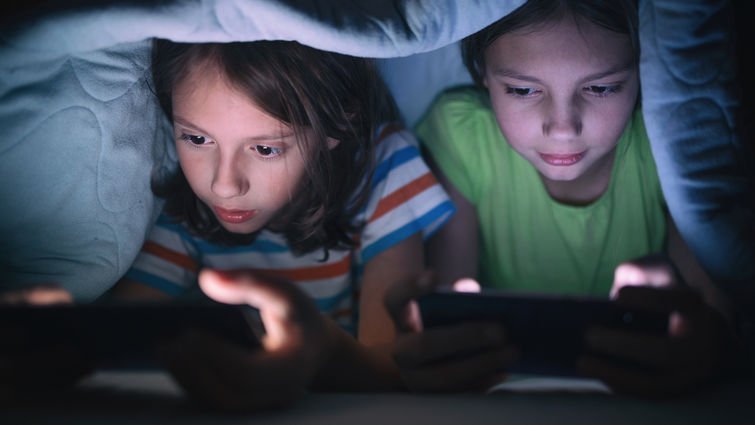Children are exposed to screens at a very young age in today’s technologically advanced environment. Digital screens are ubiquitous in modern life, from computers and televisions to smartphones and tablets. While there are many advantages and educational opportunities provided by technology, there are worries regarding the possible effects of too much screen time on child development. Because young children’s brains are still rapidly growing, screen time has a significant impact.
Let’s look into the numerous factors that every parent, educator, and carer should be aware of as we examine the consequences of early screen time exposure on child development.
Effects of early exposure to screens on Children
Because young children’s brains are still rapidly growing, screen time has a significant impact. The constant use of screens could hinder their social, emotional, cognitive, and physical growth. Children who are exposed to screens at a young age may develop a digital addiction and exhibit withdrawal symptoms when removed from their devices.

Cognitive growth and learning capacity
A child’s cognitive abilities can be improved by using interactive and instructional applications, which also encourage creativity and problem-solving ability. However, too much screen time may impede the growth of critical cognitive abilities including attention span and memory.
Communication and language of Children
Children acquire language and communication abilities during the early years through interactions with carers and peers. Overuse of screens may limit possibilities for face-to-face interaction, which may have an impact on a child’s ability to communicate their emotions and develop their language. Additionally, because some kids passively ingest content without verbalizing it, the screen time delay can result in speech delays in certain kids.
Physique and general well-being
Long-term screen use frequently results in sedentary behaviour, which may exacerbate obesity and other health problems. To maintain a healthy lifestyle, it is essential to strike a balance between screen time and exercise.
Sleep hygiene and patterns
Before bedtime screen exposure can affect a child’s sleep schedule and quality, resulting in sleep deprivation and related behavioural problems. For healthy sleep, setting up a screen-free bedtime routine is crucial.
Developing social and emotional skills of Children
The development of a child’s social and emotional abilities depends heavily on face-to-face contact. The development of empathy, emotional control, and social cue awareness may be hampered by excessive screen usage.
Parental and Children kinship
Parent-child relationships might suffer from too much screen time because it can lead to less quality time spent together. Participating in activities without a screen improves the bond.
Violence exposure and aggressive conduct
According to studies, children’s aggressive conduct may become more pronounced if they are exposed to violent content on screens. It is essential to restrict access to age-appropriate content to avoid such detrimental impacts.
Hyperactivity and concentration
Children who spend too much time watching screens may experience attention issues and hyperactivity, which makes it challenging for them to pay attention to tasks and participate in worthwhile activities.
Digital dependency and withdrawal signs
Children who are exposed to screens at a young age may develop a digital addiction and exhibit withdrawal symptoms when removed from their devices. Because young children’s brains are still rapidly growing, screen time has a significant impact.
Impulse control and self-control of Children
Children’s ability to self-regulate and manage impulses, which are essential abilities for academic and personal success, may be hampered by the rapid reward provided by screens.


















[…] By understanding and implementing these practical tips, parents can create a healthier and more balanced approach to managing their child’s mobile phone use while supporting their development and well-being. Also, read. […]